Search

News & Events
The Kids Research Institute Australia researchers awarded $11 million to support vital child health researchResearchers from The Kids Research Institute Australia have been awarded more than $11 million to support vital child health projects, under the Federal Government’s Medical Research Future Fund.
Research
An infant mouse model of influenza-driven nontypeable Haemophilus influenzae colonization and acute otitis media suitable for preclinical testing of novel therapiesNontypeable Haemophilus influenzae (NTHi) is a major otitis media (OM) pathogen, with colonization a prerequisite for disease development. Most acute OM is in children <5 years old, with recurrent and chronic OM impacting hearing and learning. Therapies to prevent NTHi colonization and/or disease are needed, especially for young children. Respiratory viruses are implicated in driving the development of bacterial OM in children.
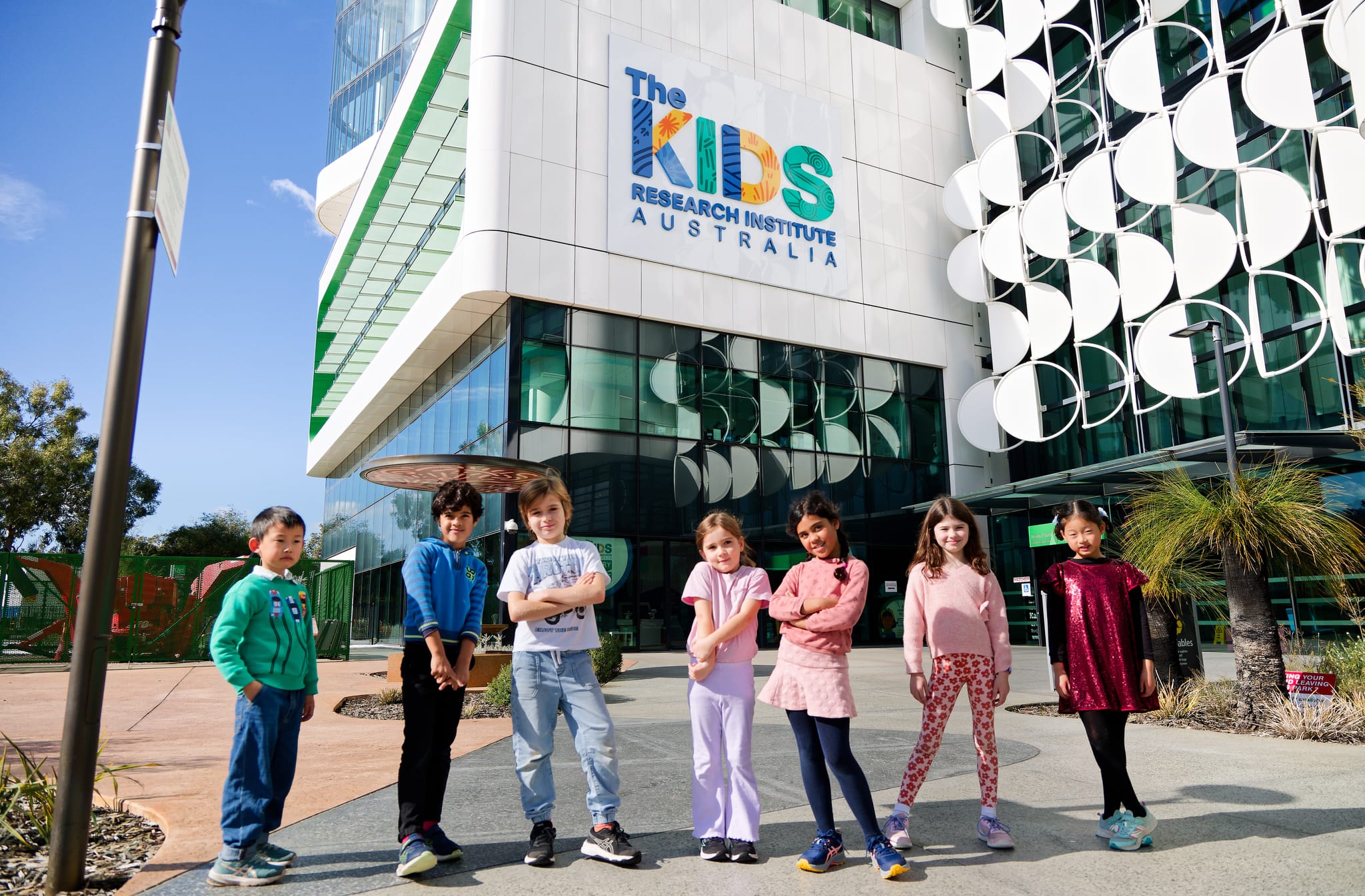
News & Events
Funding boost for groundbreaking child health researchResearchers from The Kids Research Institute Australia will share in almost $4 million in grants to continue groundbreaking research to tackle childhood cancer, asthma, respiratory viral infections and more.
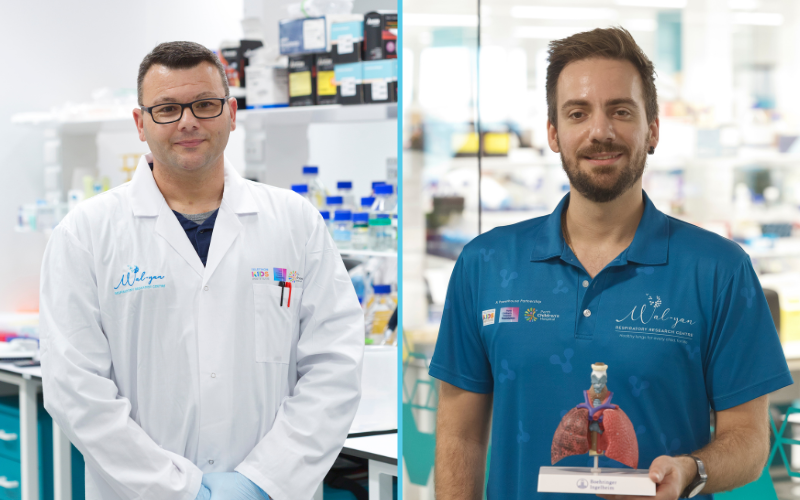
News & Events
Research into innovative treatments for asthma and antibiotic-resistant infections fuelled by Stan Perron Charitable Foundation grantsNew funding from the Stan Perron Charitable Foundation will support research into innovative treatments for antibiotic-resistant infections and asthma in children, led by Wal-yan Respiratory Research Centre researchers.
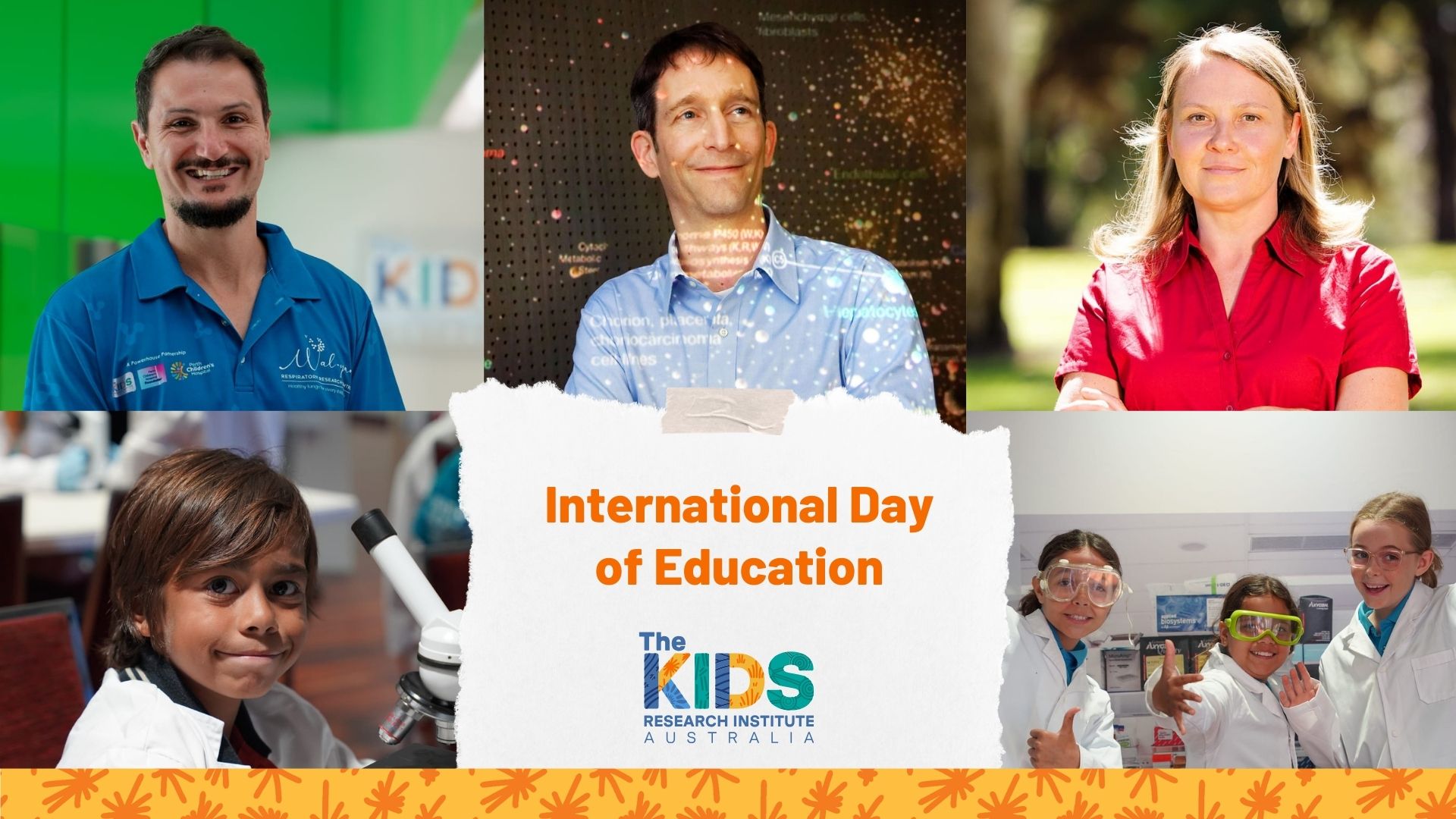
News & Events
International Day of Education: AI and Education at The Kids Research InstituteToday, 24 January 2025, is International Day of Education, a global celebration of the power of learning to transform lives. This year’s theme, “AI and Education: Preserving Human Agency in an Automated World”, underscores the critical role of education in preparing kids for a future increasingly shaped by AI.
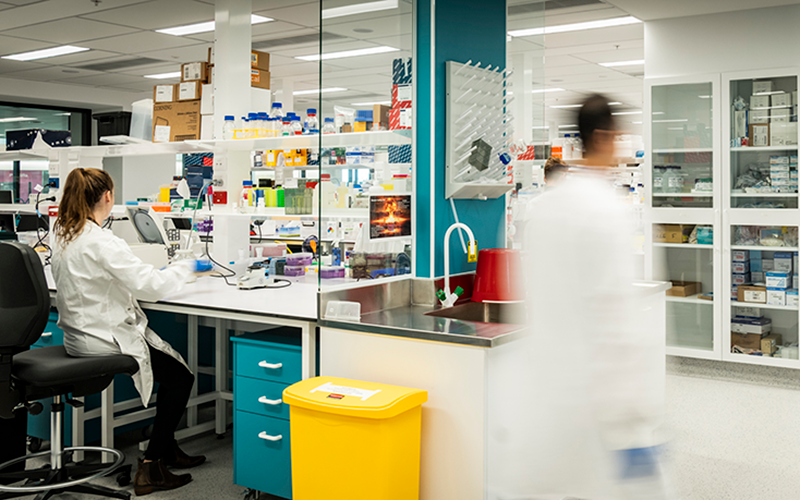
News & Events
Funding boost for cancer, antimicrobial resistance, and pain management treatmentsThe Kids Research Institute Australia researchers will share in $2.3 million awarded by the Western Australian Department of Health Innovation Seed Fund.
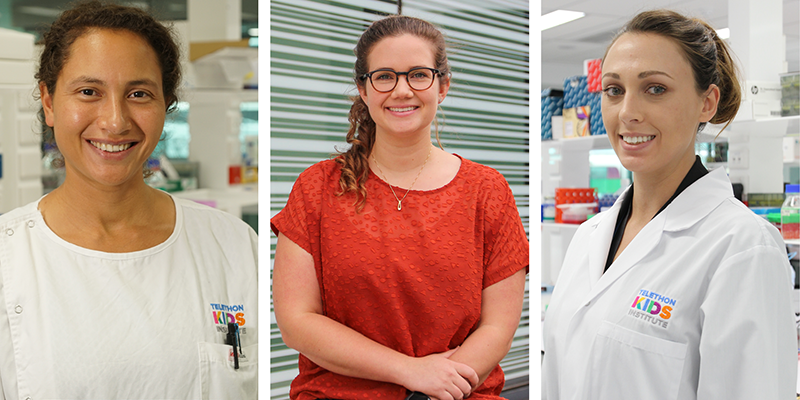
News & Events
Raine Foundation grants to support key child health researchThree outstanding young researchers from The Kids Research Institute Australia have been named Raine Fellows and received valuable Raine Priming Grants to support their child health research.
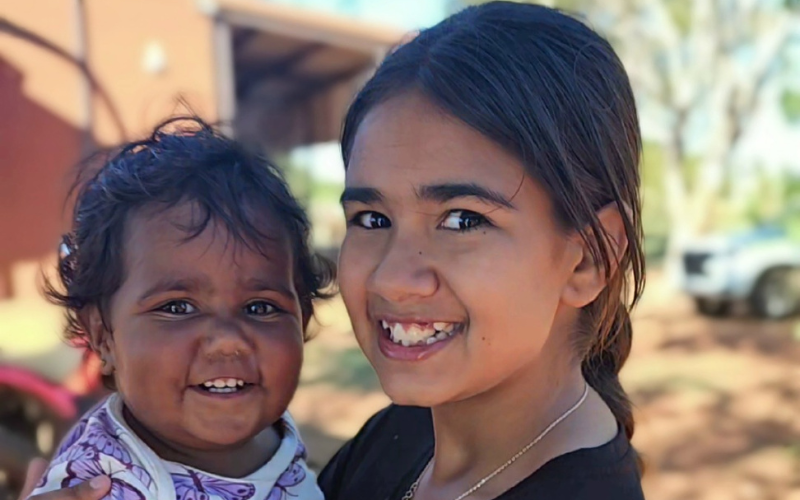
News & Events
Community connections key to improving children’s lung healthThe key to improving the lung health of Aboriginal children lies in establishing strong community connections.
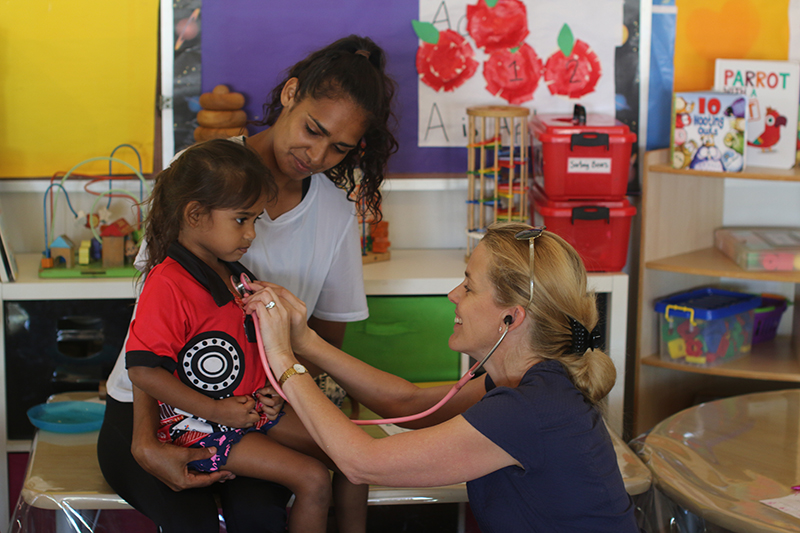
News & Events
Information is power: Health campaign arms Aboriginal communities against chronic wet coughA culturally secure health campaign designed to alert Aboriginal families, community health workers and clinicians to the dangers of a prolonged wet cough has been so successful that it could offer a blueprint for how to manage other chronic diseases affecting Aboriginal communities throughout Austr
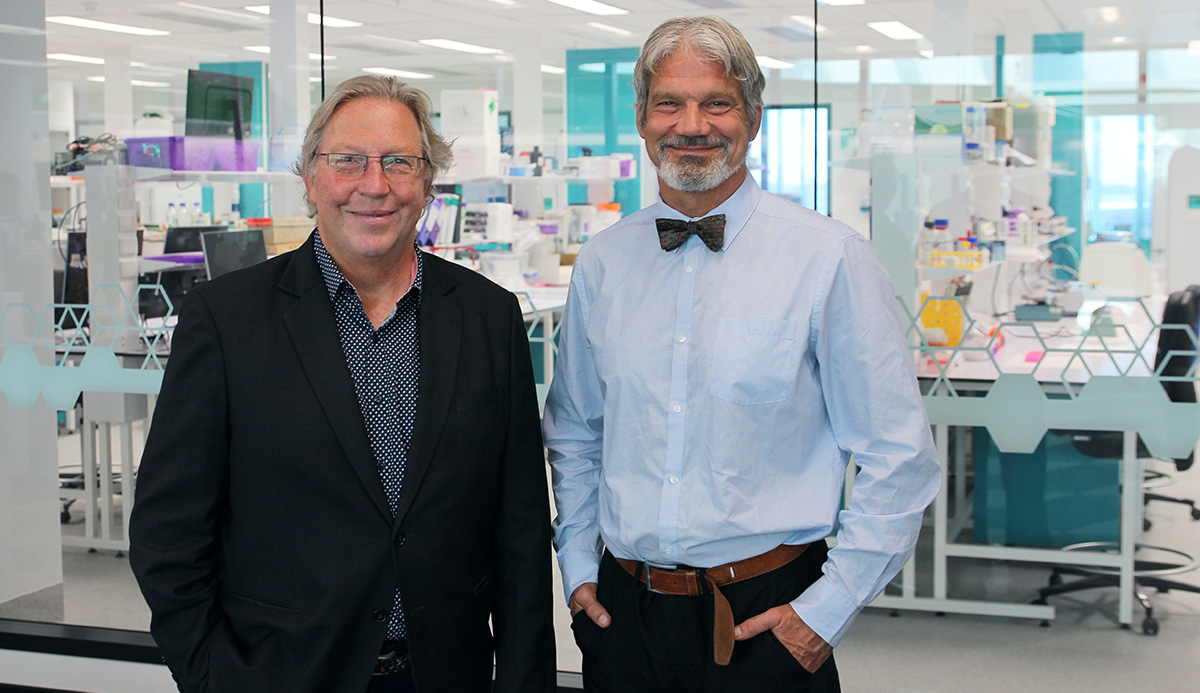
News & Events
Perth researchers lead world-first clinical trial in Chile to stop COVID-19 outbreaksPerth researchers are leading an international clinical trial focused on preventing the spread of COVID-19 by testing the effectiveness of the drug interferon in reducing the infectiousness of people who contract the virus.
